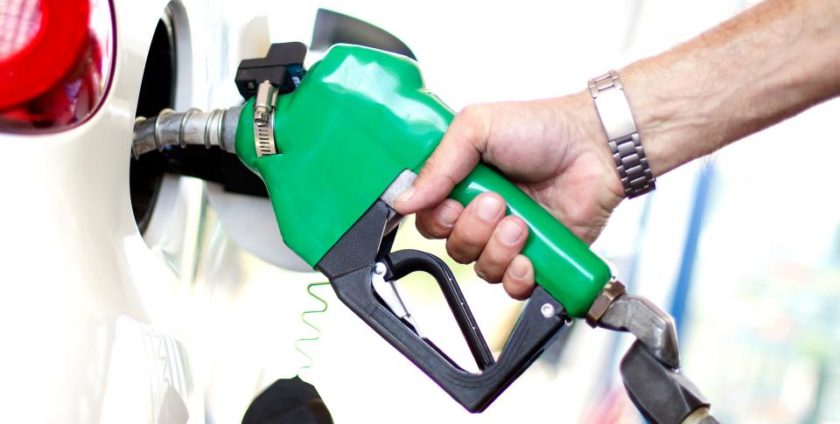FG Seeking $20bn To Achieve 7% GDP Growth, Says Edun
The Minister of Finance and Coordinating Minister of the Economy, Mr. Wale Edun, said yesterday, that the nation needed $20 billion to achieve a growth rate of 7% by 2027.
He spoke while presenting the implementation of the Presidential Interventions projects, in Abuja.
He said that the government was expected to provide part of the funds to be heavily invested in infrastructure, while the private sector would also be expected to invest in the business-friendly environment
His words, “We’re looking for production investment and production across all the sectors. $20 billion investment is our target. We can’t have a target that falls short of anything that will change lives of Nigerians for the better.
“So, the $20 billion investment that we are seeing is needed such that we can have an economy growing over 6% by 2027.
“The government has its role to play, because some of that investment is critical infrastructure, the ongoing Sokoto-Badagry Highway, the ongoing Lagos to Calabar Superhighway. These are core infrastructure projects that will facilitate logistics, enable access to agricultural areas, to irrigation areas, to dams and so forth. So that has a role to play.
“The government has a role to play, and where will the government get its money? It will get its money from increased revenue from a growing economy that produces extra revenue.
“A more efficient tax gathering system will produce more revenue, and that’s why the all-important Tax Reform Bills that are currently going through the Parliament need to be passed and implemented
“But they need to be fundamentally in shape. They need to be passed so that the benefit can be achieved for the Nigerian economy, of course.”
Answering a question on the food import initiative of the federal government, the minister said it was reviewed when the government was flooded with applications for imports.
He explained that about 500, 000 metric tons of wheat and maize were imported under the initiative but did not give details on how the importers were selected.
Mr. Edun said the government decided to slow down on the initiative because it did not want to destroy the gains made in the agricultural sector, in terms of local food production.
The Minister argued that the country was better than President Tinubu met it.
His words, “So where are we today? In 18 short months, His Excellency, President Bola Ahmed Tinubu has already changed Nigeria for the better.
“He has changed the economy. He has got it going in the right direction. He has put in place a much more positive framework for Nigerians to focus on and to thrive, and that is starting to show.
“No more is Nigeria a place where somebody who wants to be successful in business, in commerce, in entrepreneurship, will now wake up and target allocation of foreign exchange from Central Bank at below market rate as the quickest source of doubling his investment, of increasing his money and getting rich.”
On the external sector, the minister said, “Our foreign reserves have, I think, they’ve gone up, over the last 12 months, the increase is $10 billion- so from $32 billion to $42 billion and that gives us, in the first instance, it is due to the fact that we have a current account surplus. We’re exporting more than we are importing.”
In addition, the minister said that the efforts of the Governor of the Central Bank of Nigeria, Mr. Olayemi Cardoso to attract foreign portfolio investment, as well as remittances from Nigerians abroad had paid off.
“We have a current account balance that is 11.5% of GDP. These are definitely, I think, by any measure, these are improvements, and it’s important to mention that.
“So when we say things have improved, we all know that the most important improvement is what people feel.
“But before you get there, sometimes it reflects in the numbers, first and then in people’s pockets,” he said
Let’s produce more food, goods to supply neighbouring countries
“We have the ability to produce at a lower cost.
“And so maybe the answer in terms of saying that food or goods are going across the border is that we need to produce more so that we service the domestic market and achieve exports in the formal and legal manner we expect,” he said.





